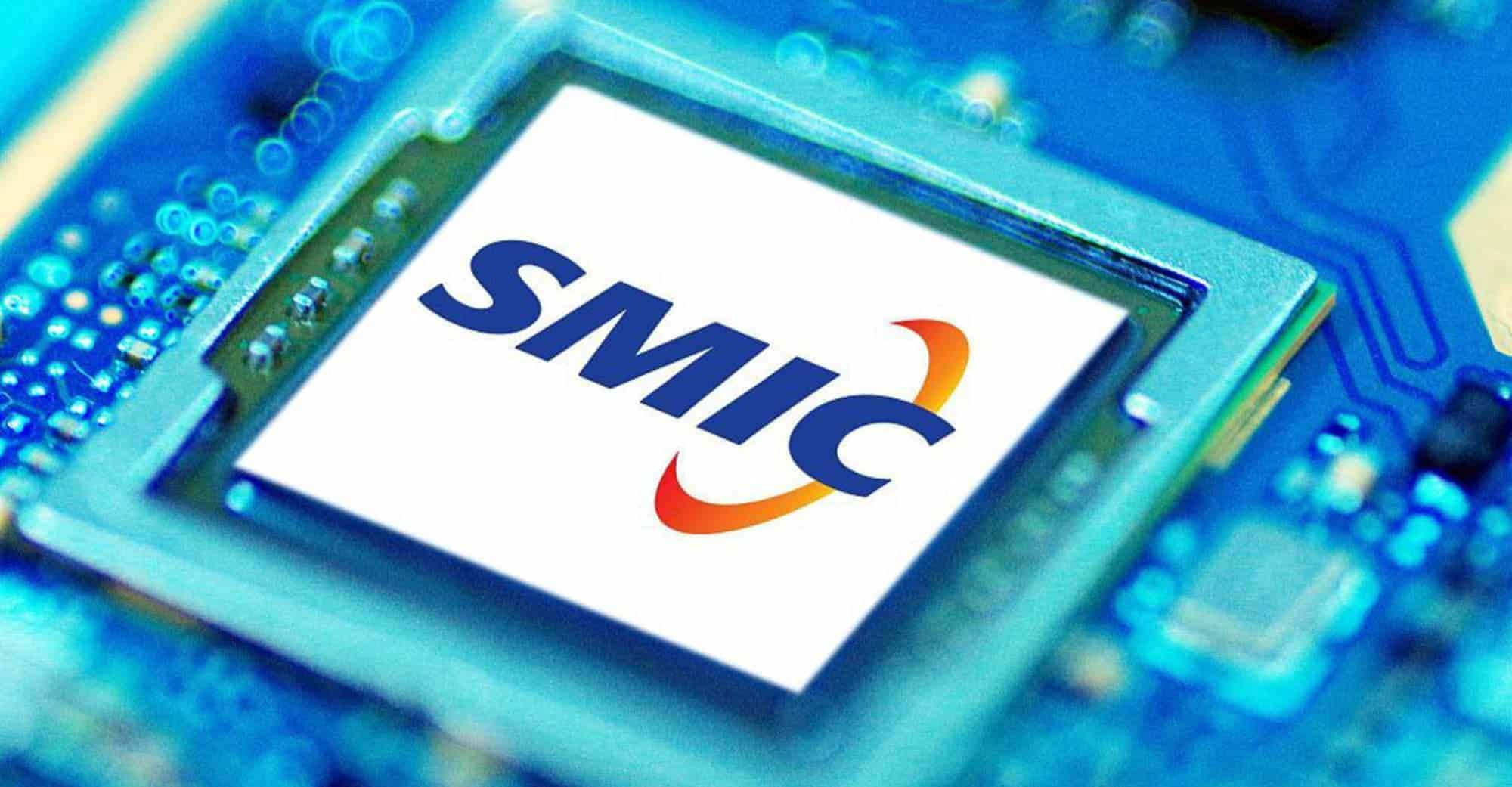
Shares in China’s biggest chipmaker tumbled Monday on reports that the United States had imposed export controls on the company, the latest salvo in the countries’ battle for technological dominance.
In a new blow for China’s advanced tech ambitions, the US Commerce Department reportedly ordered companies to seek permission before selling equipment to Semiconductor Manufacturing International Corp (SMIC).
Equipment sold to the Chinese company posed an “unacceptable risk” of being diverted to “military end use”, according to a letter sent to major US computer chip firms that was seen by The Wall Street Journal and the Financial Times.
News of the letter, which was first reported Saturday, sent SMIC’s shares plunging in both Shanghai and Hong Kong on Monday, closing down seven and 3.9 percent respectively.
Asked about the new controls at a daily press conference Monday, Chinese foreign ministry spokesman Wang Wenbin said Beijing opposed Washington “abusing export controls and other restrictive measures to unreasonably suppress Chinese companies”.
Advanced tech has become one of the many battlefronts that have opened up in the past few years as relations between Beijing and Washington plummet to their lowest levels since diplomatic relations were restarted in 1979.
SMIC is China’s biggest contract manufacturer of chipsets and a key pillar of Beijing’s plans to achieve semiconductor self-reliance.
Analysts say China’s dependence on foreign — including US-made — chips hinders that national goal.
Backed by several state-owned entities, SMIC has made strides at improving China’s chip capabilities but it remains heavily reliant on imported equipment and software.
Under the new rules announced by the Commerce Department, US companies that want to sell equipment to SMIC will have to apply for a licence.
“The restriction, once implemented, will severely damage SMIC’s existing and future manufacturing capabilities, and customer trust,” Bernstein analysts led by Mark Li wrote in a note.
“Without steady supply and service from the US, the yield and quality of SMIC’s capacity will degrade, as early as in a few months for more advanced nodes.”
Tit-for-tat tech tensions
SMIC said Monday it had yet to receive any notification of the new restrictions from the Commerce Department.
“The company has no relationship with the Chinese military and does not manufacture for any military end-users or end-uses,” it said in a statement.
The export restrictions for SMIC come after a similar US campaign to hobble Chinese telecom giant Huawei, which Washington fears could allow Beijing to tap into global telecoms networks.
The Commerce Department in May announced plans to cut off Huawei’s access to global semiconductor supplies, which the company said would threaten its survival.
The move against SMIC is less severe than placing Huawei on its so-called entity list — a de facto blacklisting — but it will probably further anger Beijing.
Donald Trump has become increasingly hawkish towards China as he battles for re-election in November.
His administration has also announced plans to ban Chinese social media apps TikTok and WeChat on national security grounds.
Those advocating a more hawkish stance towards Beijing have long warned of a symbiotic relationship between Chinese companies and the country’s military and security apparatus.
They have also complained of unfair trade practices such as intellectual property theft and state-sponsored cyber espionage.
But many analysts argue that Trump’s actions could backfire on the US tech sector and other American businesses by encouraging China and other countries to respond in kind.
from Defense News by DefenceTalk.com https://ift.tt/3iedww2
via Defense News
No comments: